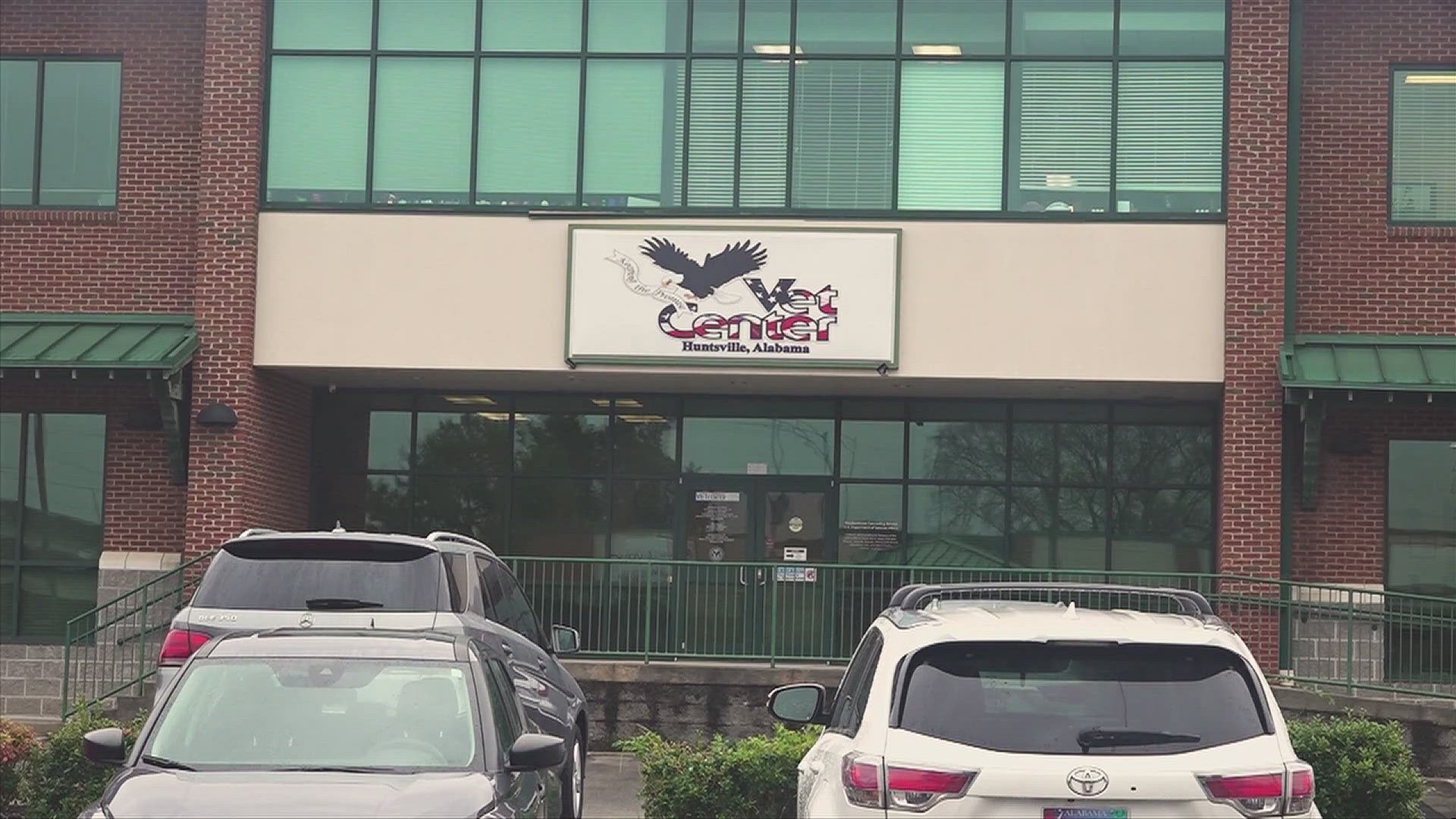HUNTSVILLE, Ala. — About 23% of those who have served in the U.S. military are believed to be affected by post-traumatic stress disorder (PTSD). The actual number is likely higher, according to the Department of Veterans Affairs. When looking at civilians, the number of those with lifetime PTSD is only 6%.
Veterans tell us that seeking help could be seen as a weakness, and local veteran groups like "Bearded Warriors" are trying to change that narrative.
But Bearded Warriors member Ty Oswald says it can be hard for veterans to find each other.
"What we found over the last ten years of doing this in the area, for every five individuals looking for help, there's 10 or 15 people trying to help, but neither know where to look to find each other," Oswald said.
Local resources are out there for people who are looking; you just need to find the right place.
"Our website, BeardedWarriors.org, which will link you out to both of the, our social media platforms, and email info at BeardedWarriors.org, or you can call us (256) 567-3224," Oswald said. "Other area, other places that you can look in, into, in and around town. I always refer to everybody to the vet center over off a Church Street."
Modern medicine also plays a role in treating PTSD. Dr. Charles Lee of Regenesis Stem Cell Center told us what can be done today to help those who are struggling.
"We can treat that by resetting what is called the autonomic nervous system. We inject, the stellar ganglion. And it's located here in the neck. It's a very comfortable procedure, and it will shut that system down, and then allow that system to come back online. And a lot of times it will function properly," Lee said. "So you don't have that anxiety. You don't have those intrusive thoughts sleep disturbances. It will settle a lot of the problems down that patients have with PTSD."
If you are ever suffering from what you believe is a PTSD attack, we encourage you to reach out to your counselor or do the following:
"Just find a find a space that you feel comfortable would sit in for a couple minutes, do some breathing exercises," Lee said. "Text somebody and let them know that, hey, I got something going on right now. Can you check on me in about 5 or 10 minutes."

